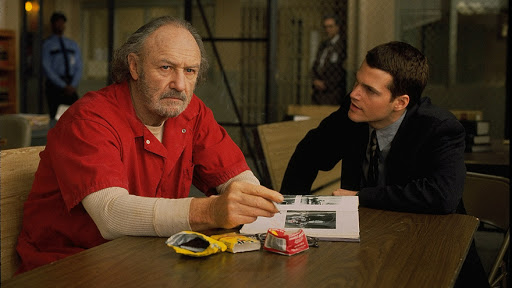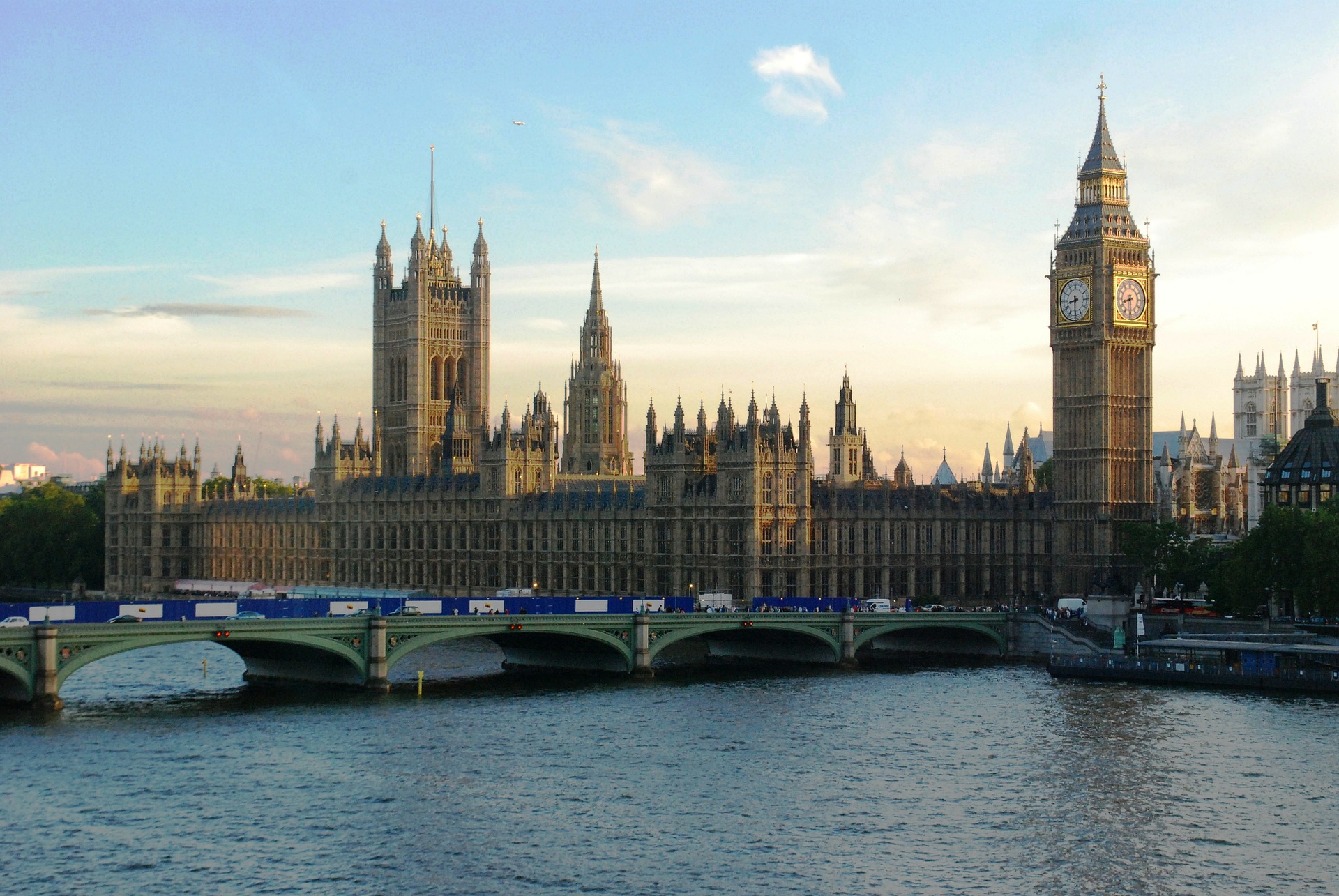
A Law Student & Law Film Series: Part 7
June 5, 2020
Clear the Lobby: What laws are MPs voting on this week (w/c 8th June)?
June 8, 2020Anu Lal interviews family barrister, Malvika Jaganmohan who shares her mental health experiences and how aspiring lawyers can maintain their mental wellbeing in pursuit of a legal career.
Trigger warning: discussion of suicide, depression, anxiety
Thank you for your time today Malvika. Let’s start by telling the readers a bit about who you are and how you came to train as a barrister.
I am a family barrister and I practise in all areas of family law. I have been a fully qualified barrister (a tenant) for about six months now. I did pupillage at a specialist family law chambers in London. I had a serious mental health crisis during pupillage so I ended up taking a month out of pupillage to think about what I want out of my life and my practice. I realised I was not happy in London so I decided to apply to chambers in the Midlands. I was very lucky to be offered tenancy at St. Ives which is a fabulous set in Birmingham.
I’m not one of those people who came out of the womb knowing that I wanted to be a barrister. I thought about being a journalist, the civil service and publishing. I was far more attracted at the outset to becoming a City solicitor as I found the money and the security attractive. I did vacation schemes and realised that was not for me so I did mini pupillages in family law – my favourite subject to study.
I got a scholarship to do the BPTC and applied for pupillage during the BPTC. I had a year to kill before pupillage started so I spent around 9 months in a local authority in their legal services department.
Being a family barrister is a job centred around human connection. If you’re interested in people and what makes them tick and why they do the things they do, then it’s the perfect job.
Legal careers can be challenging by any measure. Why is a conversation about mental wellbeing important for aspiring lawyers?
There are very specific aspects to the legal profession that create problems for managing your mental health. I’ve narrowed down the things I find most difficult to manage:
- Workload
It is relentless and this can be overwhelming. It is not unusual to find yourself in court every day in areas like crime and family. At the junior end, this can be several times per day and there is a real sense of ‘I can’t say no, I am just building my reputation and I don’t want anyone to think poorly of me that I cannot do something’. Workload is something that can be exhilarating and terrifying in equal measure.
- Did I do the right thing?
We make decisions every single day on limited information and based on our judgement and experience to guide us. I go home after every hearing and think ‘Did I do the right thing?’. It can cause a lot of worry because you turn over things in your head, especially for care proceedings in children law. This is a lot of pressure, especially for a young person – I am 25 but, of course, there are practitioners at the Bar who are even younger than me.
- Self-employment
Income insecurity is a huge challenge, particularly now when my workload has pretty much disappeared overnight [during lockdown]. I am pretty lucky that I live with my parents and do not have dependents. But if I did, this could have been a real disaster. You need to have a rainy day fund. If you work in a chronically underfunded practice area like crime, you may not have the ability to create a rainy day fund.
- Conflict
Particularly for family barristers like me or criminal practitioners, there is a lot of conflict in this job. It is a job characterised by conflict. This is not only conflict between parties but conflict between the other advocates who might be your friends or colleagues you know. Even the most conciliatory practitioners will be drawn into conflict. It can be exhausting having to constantly deal with that level of conflict.
Are you able to share more about when mental wellbeing has been particularly important in your legal training and career?
I struggled with my mental health for many years pre-pupillage. I struggled with anxiety and depression. My mistake in hindsight was that I never prioritised taking care of my mental health.
I just about managed to keep my head above water. I managed to get a scholarship and secure pupillage. But getting by was not good enough. I needed to be doing things that allowed me to cope long term. I think that’s part of the reason why when pupillage started, I just did not have the emotional infrastructure to cope. It is an incredibly stressful year; people who have the best pupillages in the world will find it a really trying year because it’s effectively a 12 month interview. I had several personal and professional issues that arose during pupillage and I simply wasn’t equipped to deal with them. I was constantly anxious and constantly unhappy.
In hindsight, if I had invested in going to therapy and developing the necessary coping mechanisms, I might not have got to a breaking point where I tried to kill myself.
Once I came back after my month off during pupillage, I was really worried about how to talk about it and what people would think of me. I wanted other people in my position to not feel pushed out of the profession and I wanted them to feel supported.
Having a mental health condition does not exclude you from being a lawyer. But you have to be able to put in place the coping mechanisms to not just manage but to thrive at the Bar. Investing now in your mental wellbeing is going to pay off in the long run.
Rejection, it seems, is inevitable when pursuing a legal career. What is your approach to dealing with rejection?
I don’t have an easy answer to this and I’m probably still a bit too thin-skinned for my own good. I think thick skin develops over time as you face more and more rejection.
I think it is good to think about all of the things that you have accomplished up until that point. Make a list of everything you are proud of having accomplished. When you are rejected you lose all sense of perspective and you focus on this one rejection – this one thing you didn’t get rather than all the things you have managed to accomplish.
Also, trying to separate your sense of self-worth in this context is important. Rejection is part of managing the legal profession. If you tie this up in your self-worth, it can create self-loathing which you should be absolutely trying to swerve.
Rejection is a learning opportunity. You can think ‘Why did I get rejected and how can I do better in order to succeed in future?’. Once you have had a moment to lick your wounds, get feedback. Find out exactly what it is that led to your rejection.
Remember that everyone you are competing against is probably exceptional. Once you get to the stage of applying for training contracts and pupillages, then you’ve likely been a high-achiever and you get to a point where everyone is a high-achiever. But that’s what is great about this job – you are going to be around people who push you. So stop seeing it as though you are in competition with everyone else but as an opportunity for other people to drive you to be better.
Finally, I think that it is impossible to enjoy success unless you have been rejected. I got pupillage in one cycle but within that one cycle, there were plenty of chambers who rejected me. So when I got an offer, it felt great.
In our current climate of COVID-19 and self-isolation, how can law students and aspiring lawyers look after their mental wellbeing?
I feel strongly about social media. You need to limit your social media use. Watching people post about all of their successes on LinkedIn and Instagram may make you feel inadequate. It makes you feel like you need to compare yourself to other people and you will always find yourself wanting in that exercise. Social media is a highlight reel.
Don’t fixate on all of things you feel like you should be doing then beating yourself up for not achieving them. We are in a very trying time. This is not an extended holiday where we can sit at home and sunbathe. For someone who is very anxious like me, lockdown is the worst possible scenario because I have way too much time on my hands. So if all you manage to do is get up and shower then well done you!
Exercise. I hate exercise with a passion. But I’m doing the charity movement challenge which I started during Mental Health Awareness Week and I do 30 minutes of movement a day for a month. It is amazing because I turn over things in my head and I have too much time to worry. With exercise you are thinking about breathing and just getting over the next 30 seconds. I have exercised more now than I ever have in my entire life.
Do things that aren’t law related. Read fiction – it’s the best possible escapism. Remember that you are an interesting, well rounded person outside the law. This is not just an opportunity for professional progression. Think about it as an opportunity to reset. The reality is that the vast majority of us were doing something very stressful before lockdown – sitting exams or writing applications. Use this time to recharge.
Article by Anu Lal





